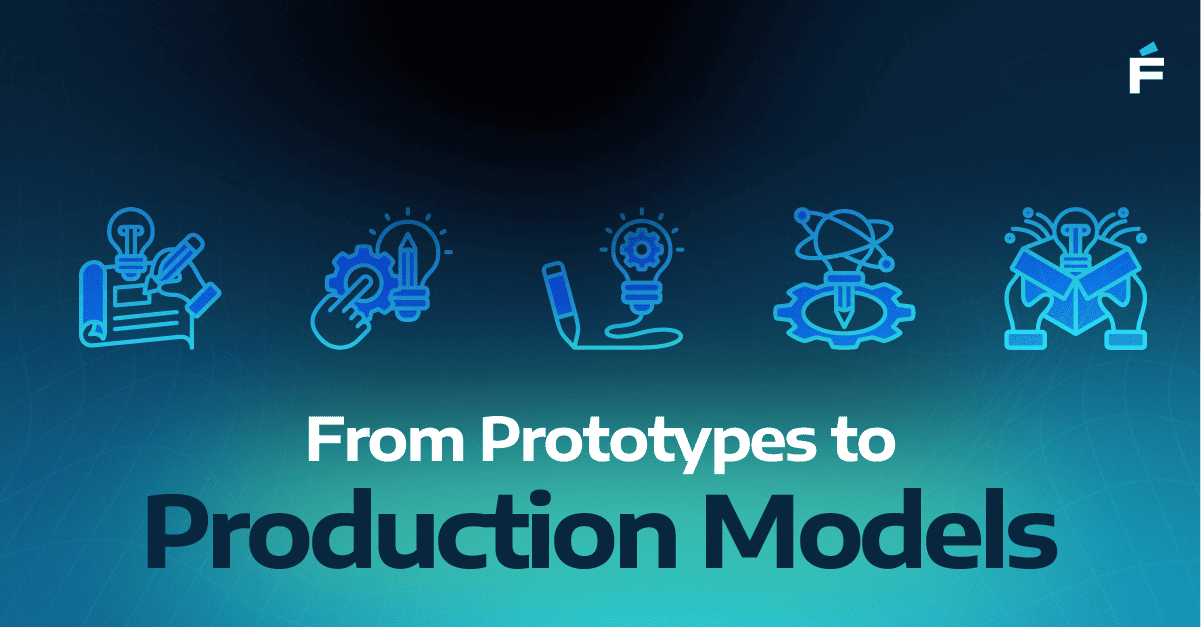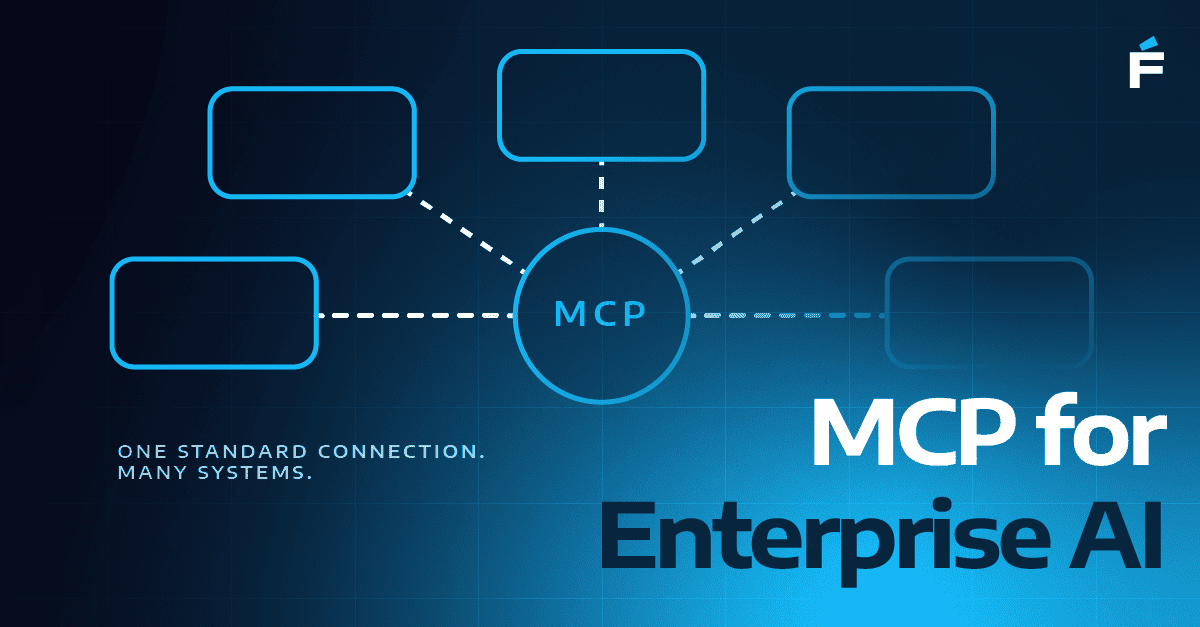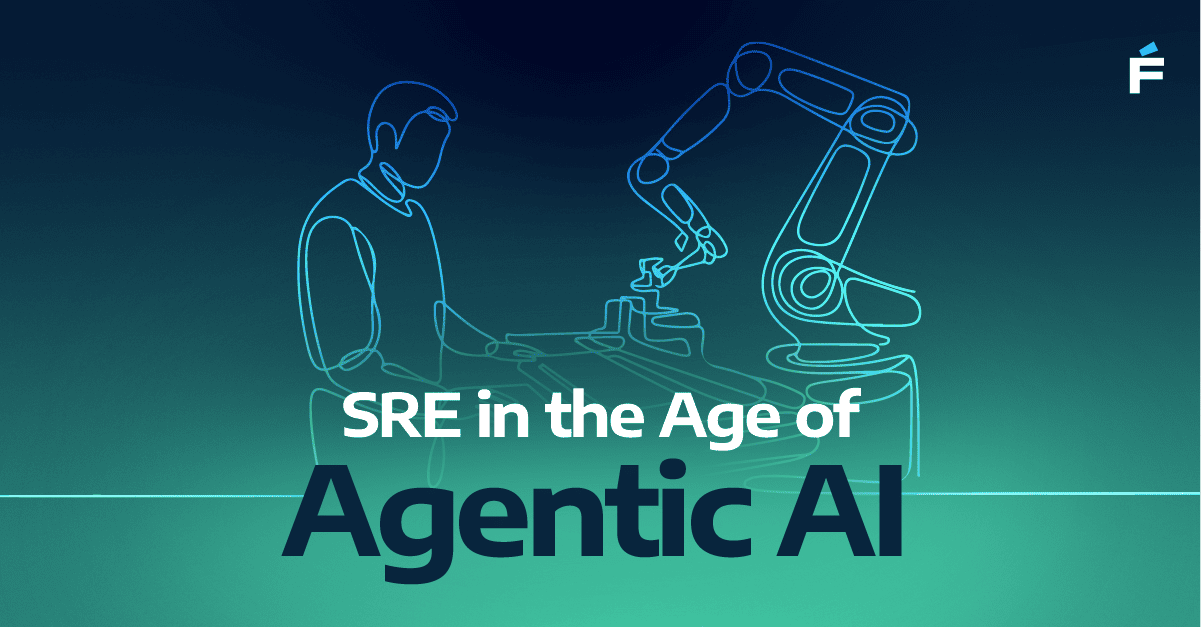The rise of advanced generative AI tools like Copilot is redefining the role of software developers. These tools simplify coding tasks and allow product teams and other professionals to interact with AI to achieve programmatic solutions. This raises several important questions: What skills will be most valuable for future developers? How should companies adjust their hiring criteria when seeking technical talent? And for those just starting out, how can they remain relevant and competitive in this evolving landscape? This article explores the new skill sets developers need to tackle these challenges and examines how generative AI is shaping the various stages of a developer’s career.
The New Developer Profile: Strategic and Technical Skills
As AI and low-code/no-code platforms become more common, developers need to focus on complementary skills that work alongside AI’s capabilities, such as machine learning and data skills. Mastering these areas allows developers to handle complex data, create predictive models, and refine algorithms tailored to unique business needs—all while direct coding tasks may increasingly be automated.
Collaboration in Multidisciplinary Teams
 Technical skills remain valuable, but in an environment where AI handles many technical tasks, close collaboration between developers and other stakeholders is more important than ever. In my experience, having technical experts—developers, architects, and tech leads—working closely with product and marketing teams adds tremendous value. Technical professionals, equipped with deep knowledge of the available tools, can suggest features or improvements that product or marketing specialists might not consider simply because they’re unaware of the technology’s potential.
Technical skills remain valuable, but in an environment where AI handles many technical tasks, close collaboration between developers and other stakeholders is more important than ever. In my experience, having technical experts—developers, architects, and tech leads—working closely with product and marketing teams adds tremendous value. Technical professionals, equipped with deep knowledge of the available tools, can suggest features or improvements that product or marketing specialists might not consider simply because they’re unaware of the technology’s potential.
This level of collaboration sparks innovation and enables the tech team to bridge the gap between technology and business needs. In this setting, developers who can think critically and understand product-focused goals become invaluable to any organization.
Ethics and Privacy in an AI-Driven World
As generative AI becomes integrated into business processes, data privacy and ethics have emerged as top priorities for software development. AI tools are gathering and processing vast amounts of data, and developers need to understand the ethical and legal implications of this work. Protecting user privacy, complying with regulations like GDPR, and addressing inherent data biases are all important responsibilities.
In fields ranging from healthcare to finance, AI can shape decisions that significantly impact people’s lives. Developers must ensure that algorithms are transparent, fair, and auditable, minimizing the risk of unintended biases or discrimination. UNESCO’s “Recommendation on the Ethics of Artificial Intelligence” provides a valuable framework, emphasizing fair and respectful implementation of AI technologies while safeguarding individual rights.
In practice, this means developers must prioritize transparency and fairness in AI systems. For example, the design of an AI model can unintentionally introduce biases, leading to discriminatory outcomes if left unchecked. Implementing ethical design standards—such as transparent decision-making models and bias auditing tools—not only aligns with legal obligations but also builds trust with users and stakeholders.
For CTOs and technical leads, encouraging an ethical culture within the organization may involve offering regular training on data ethics, supporting policies for fair data use, and ensuring developers have the resources to uphold these standards. By championing these practices, leaders can create an environment where ethical and secure AI solutions are the norm, reinforcing both compliance and responsible innovation.
Challenges and Opportunities for Junior Developers in a Changing Market
 For new developers, AI tools can simplify the learning process and offer a more hands-on approach to projects. However, they also face a challenge: standing out in a market where basic programming tasks are increasingly automated or handled by low-code/no-code platforms. Recent research suggests that demand for purely technical roles focused on routine tasks will decline, while there will be an increasing need for skills like data analysis, solution design, and cross-department communication. Exploring unique use cases—like building an ai music generator—can help junior developers gain practical AI skills while showcasing innovation beyond basic coding.
For new developers, AI tools can simplify the learning process and offer a more hands-on approach to projects. However, they also face a challenge: standing out in a market where basic programming tasks are increasingly automated or handled by low-code/no-code platforms. Recent research suggests that demand for purely technical roles focused on routine tasks will decline, while there will be an increasing need for skills like data analysis, solution design, and cross-department communication. Exploring unique use cases—like building an ai music generator—can help junior developers gain practical AI skills while showcasing innovation beyond basic coding.
To stay competitive, junior developers should focus on areas where they can add unique value, such as data analysis or specializing in data security and privacy. AI tools can also serve as virtual mentors, helping new developers quickly build technical experience and work on complex projects sooner than they might have a decade ago. Using AI as a complement rather than a competitor enables junior developers to focus on soft skills and strategic thinking, like creative problem-solving and solution design.
The Strategic Role of Senior Developers: Beyond Technical Solutions
 For senior developers, AI offers the chance to expand their role beyond technical problem-solving and contribute strategically to the business. With their experience, senior developers can assess the feasibility of a solution, while also identifying new opportunities to add value to a product. In collaborative environments, senior developers also play a crucial role in mentoring junior teams, encouraging continuous learning.
For senior developers, AI offers the chance to expand their role beyond technical problem-solving and contribute strategically to the business. With their experience, senior developers can assess the feasibility of a solution, while also identifying new opportunities to add value to a product. In collaborative environments, senior developers also play a crucial role in mentoring junior teams, encouraging continuous learning.
Adapting to the AI Revolution: Key Strategies for Developers and Organizations
Generative AI doesn’t eliminate the need for developers; rather, it redefines the skills that are most valuable. Companies will need to prioritize hiring talent with strong communication, strategic thinking, and product design knowledge.
Meanwhile, developers at all levels can remain relevant by focusing on the skills that AI can’t replicate: empathy, creative problem-solving, and the ability to anticipate and address human needs.
Used effectively, AI can become a tool that empowers human potential in software development, helping create products that are more ethical, user-centered, and aligned with the demands of a constantly changing market.




